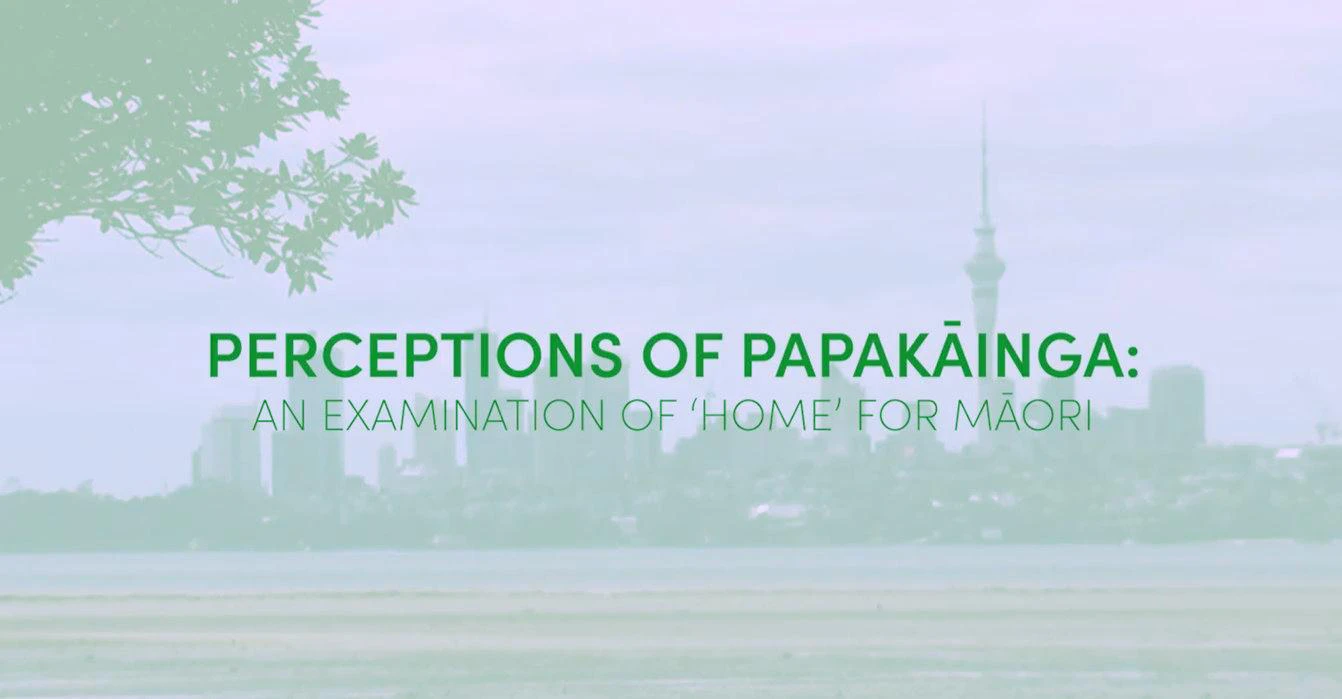PERCEPTIONS OF PAPAKĀINGA
Wai Research & Whakauae Research
The purpose of the ‘Perceptions of Papakāinga: An examination of “home” and how to cater services for Māori’ project was to examine comparative views of ‘home’, and how these may relate to concepts such as identity, whakapapa, and hauora. The project investigated national and international literature on the influences on, and perceptions of, the concept of ‘home’ for Māori, and undertook primary interviews in two areas – the Rangitīkei and Tāmaki Makaurau, where the meanings and functions of cultural concepts such as ‘tūrangawaewae’, ‘papakāinga’ or ‘ahi kā’ were explored for different generations of Māori, living in different geographical locations.
The research project was designed to address the current lack of evidence and knowledge concerning Māori perceptions, experiences and realities of what is needed from policy and service design for Māori to not just have a house, but to ‘be at home’ where and how they choose. The video profiles two of our Tāmaki Makaurau participants, Jaime Melville and Awa Stephenson who gave their time to speak about what “home” means to them.
You can find the Rangitīkei video profiles via Whakauae Research

